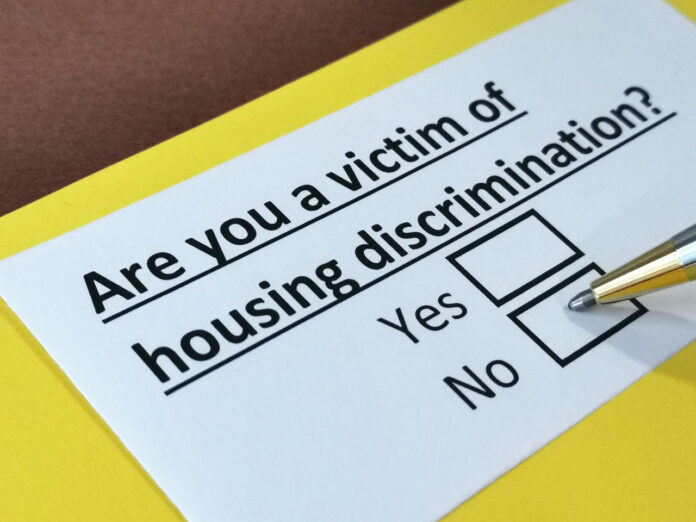
By Aldon Thomas Stiles, California Black Media
Since the early 1990s, landlords and managers nationwide have partnered with law enforcement to implement “crime-free housing” policies. These policies aim to reduce criminal activities such as drug use and gang activity.
In California, crime-free housing has become increasingly controversial. Advocates and some state officials have been railing against these policies for being discriminatory.
On April 21, California Attorney General (AG) Rob Bonta announced new guidance for crime-free housing policies statewide, pointing out that the former rules disproportionately impacted “people of color, survivors of domestic violence, people with disabilities, and justice-involved individuals,” according to the press release from the Attorney General’s office.
“In California, we’re taking action to end housing discrimination and foster diverse communities,” stated Bonta.
“The statewide guidance issued today presents clear legal standards and procedures to proactively prevent discriminatory housing practices within localities,” Bonta continued. “Tenants have rights under the Fair Employment and Housing Act and other California laws that protect against many forms of housing discrimination, and this guide aims to ensure we are eliminating barriers to housing and promoting equal opportunities.”
Across California, 147 cities and counties have adopted revised policies aimed at eliminating discrimination, including some of the state’s most populated cities like Long Beach, Los Angeles, Oakland and Sacramento.
The California Department of Justice is encouraging all municipalities in the state to reevaluate their crime-free housing policies, invoking civil rights laws and fair housing regulations.
“I recognize that leaders at the local level are on the front lines of ensuring public safety for their residents, and, separately, that California law provides discretion to local jurisdictions to enact and enforce nuisance laws that are non-discriminatory and otherwise consistent with California law,” Bonta stated in a letter to California’s cities and counties.
“Regardless of when these policies were adopted, local jurisdictions have the responsibility to ensure that they comport with state and federal law, and not to implement or enforce them in a discriminatory manner,” he continued.
While there are various types of these programs across the state, most are designed to give landlords a way to deny or evict tenants who have had some interaction with the criminal justice system.
In some cases, landlords do not need a conviction or an arrest to activate these policies.
According to the website of the Murrieta police department – a town of about 100,000 people in Riverside County – crime-free housing helps law enforcement manage criminal activity.
“The police cannot solve crime problems alone,” the website reads. “Neither can the management or residents of rental properties. However, by working together, the end result has been the most successful approach to crimes in rental communities.”
AG Bonta isn’t the only state official with concerns about the alleged discriminatory nature of crime-free housing policies.
Assembly Bill (AB) 1418, introduced by Assemblymember Tina McKinnor (D-Inglewood), would prohibit crime-free housing policies statewide.
“Every Californian wants to live in a safe neighborhood, yet for too many years, ‘crime-free’ housing policies have not reduced crime, increased housing availability or increased housing affordability,” McKinnor stated in a press release. “AB 1418 will end these harmful policies that have made it harder for Californians to find a safe place to call home and eliminate laws that have resulted in further housing segregation across the state.”
This bill was first introduced in February and is currently in committee.
The U.S. Department of Housing and Urban Development (HUD) states that even if a policy appears neutral, it may still violate the law if it has “discriminatory effects” without a reasonable and legal justification.
According to the Attorney General’s office, these regulations must apply to California state law.
Last December, the U.S. Department of Justice secured its first settlement banning crime-free housing in San Bernardino County and Hesperia.
This agreement requires San Bernardino County and the city of Hesperia to spend about $1 million, mostly to compensate residents and tenants negatively impacted by crime-free policies.



